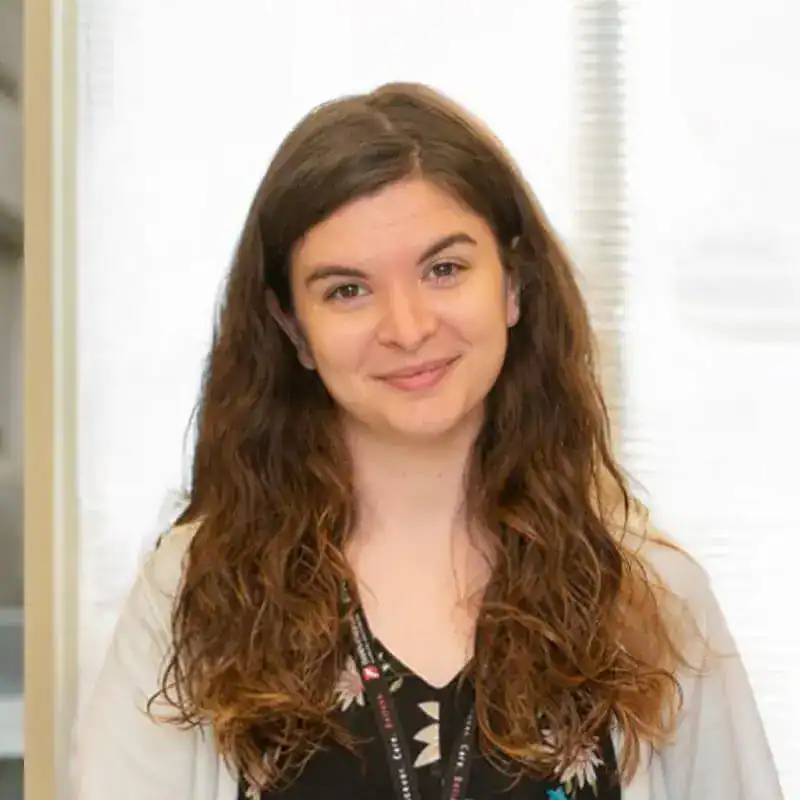“Every big problem originates from a small one, and cancers are no exception,” says Dr. Pilar Baldominos Flores. While the immune system can often detect and eliminate cells with cancer-causing mutations, some manage to slip past these defenses and seed tumors.
Dr. Baldominos Flores is investigating how that happens – what specific mutations or interactions allow early cancer cells to survive and escape destruction from our immune systems? Using novel mouse models of breast tumor initiation, her work explores three key questions: 1) what immune cells infiltrate early tumors, 2) what mutations help early cancer cells evade immune attack, and 3) how does that immune response affect the mutations that occur in tumors. “Understanding how mutated cells trick the immune system during tumor formation is the first step to prevent it,” she explains. Dr. Baldominos Flores’ research could not only illuminate the earliest moments of tumor development, but also identify mechanisms of resistance that undermine later-stage immunotherapies, ultimately guiding new strategies for both cancer prevention and treatment. Dr. Baldominos Flores’ research has been driven by outstanding questions in the field of cancer immunology. During her graduate work, she identified a unique population of dormant cancer cells, called quiescent cancer cells, that blocks immune cell entry and creates pockets of resistance inside tumors. To uncover how this happens, she created a spatial labeling technique that uses live-tissue sectioning and photoconvertible proteins combined with single-cell RNA sequencing. Now, Dr. Baldominos Flores is turning her focus upstream, probing the earliest immune events that allow tumors to take root in the first place.
Sponsor
Joan Brugge, PhD
Research Focus
Tumor initiation, immunoediting, cancer prevention and treatment
Projects and Grants
Uncovering the dynamic interplay between immune surveillance and mutational landscape during tumor initiation

